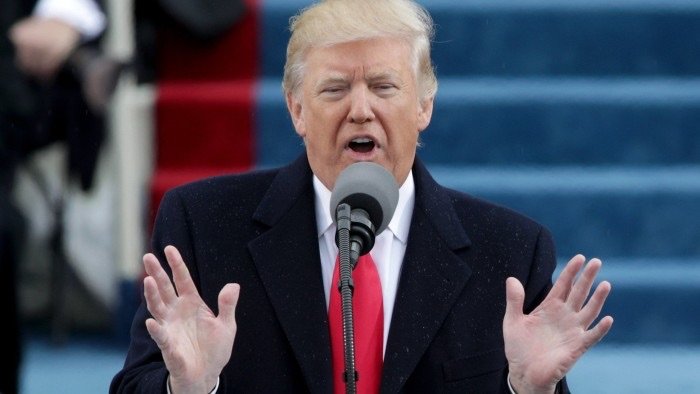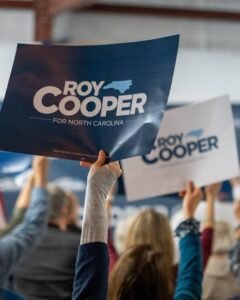In 2016, when Donald Trump was elected President of the United States, many analysts warned of potential global repercussions. Today, on January 6, 2025, we witness a significant political shift as Canadian Prime Minister Justin Trudeau is expected to announce his resignation amid mounting internal pressures and declining popularity.
Trudeau’s anticipated departure comes at a time when the U.S. is poised to reintroduce protectionist trade policies under President Trump’s renewed administration. Trump has indicated plans to impose a 25% tariff on Canadian imports, a move that could have substantial economic implications for both nations.
For Durham, North Carolina, these developments carry significant weight. The city has cultivated trade relationships with Canadian partners, particularly in sectors like technology and manufacturing. The imposition of tariffs could disrupt supply chains, increase costs for local businesses, and potentially lead to a reevaluation of cross-border partnerships.
Moreover, the political climate suggests a potential shift in federal funding priorities. President Trump’s administration has previously expressed intentions to reduce federal spending on social programs, which could jeopardize funding for mental health services and other community initiatives in cities like Durham.
Durham has benefited from federal grants aimed at enhancing mental health resources, supporting affordable housing, and promoting educational programs. A reduction in these funds could strain local budgets, forcing city officials to make difficult decisions about resource allocation.
The convergence of these events—the resignation of a key international ally’s leader and the resurgence of protectionist policies—underscores the interconnectedness of global politics and local realities. Durham’s leaders and residents must remain vigilant, advocating for the preservation of beneficial trade relationships and the continuation of essential federal support for community programs.
In this period of uncertainty, it is crucial for Durham to engage in proactive dialogue with federal representatives, emphasizing the importance of sustained investment in the city’s social infrastructure. By doing so, Durham can navigate the challenges posed by these geopolitical shifts and continue to thrive as a resilient and forward-thinking community.












